Many people underestimate worms, but they can actually pose a serious threat to horses. Colic, diarrhea, anemia, emaciation, growth retardation and even death can be caused by worms. Fortunately, worms are very easy to fight. Worms are parasites that often live in a horse's intestines. Worms live at the expense of your horse.
How does my horse get worms?
Horses with worms pass the eggs in their feces. In the grass and in the feces, these eggs develop into larvae. These larvae are eaten again by another horse while grazing. The droppings are long gone, but the eggs/larvae are still on the pasture. The worms are a problem especially in young horses, older horses are usually less affected by worms. Unless your horse has a very serious infection.
What worms are there?
The most common worms found in horses are;
-
Foal Worm (Strongyloides western)
-
Roundworm (Parascaris equorum)
-
Tapeworm (Anaplochephala perfoliata)
-
Large strongyles (Strongylus vulgaris)
-
Red bloodworm or small strongyles (Cyathostominae)
Not all of these worms can survive in the environment at all times. Some species are mostly found in spring, while others are mostly found in autumn.
How are worms in horses treated and can I prevent them?
Preventing and treating worm infections has become increasingly complicated and there is no longer a standard procedure. Horses used to be dewormed on a set schedule, but this treatment is outdated. It promotes resistance and is therefore certainly not useful. In addition, many horses are unnecessarily treated with anthelmintics in this way. Only horses that shed eggs in the faeces need treatment. If you have a stool test three times a year and pay close attention to your pasture management, you will need to deworm much less often.
It is best to ask your veterinarian for advice on deworming foals. Because not every product is suitable for foals. Pregnant mares should also be dewormed in consultation with your veterinarian.
Fecal examination for worms in horses
For a faecal analysis, it is best to examine the faeces of all horses at the same time. It is very important to use fresh manure and to pay close attention to which ball of manure belongs to which horse. The dung shouldn't have touched the ground, so it's best to grab a dung ball from above. Package the manure in an airtight bag or container with the horse's name and age written on it. If the poop isn't going straight to the vet, it's best to store it in the fridge. Your vet will examine the stool and then work with you to come up with a plan. In spring and summer it is very important to have stool tests carried out, as the risk of infection is then very high. It is recommended to have fecal tests in March, June and September. In addition, each horse can be dewormed once a year (November) with a remedy that also works against tapeworms. Additional deworming is best done based on a fecal examination.
The only exception is horses three years old and younger. These horses should be checked more frequently and/or dewormed regularly. These animals have limited resilience and are more prone to problems from worms.
Pasture management against worms in horses
In order to keep the infection pressure on a pasture as low as possible, grazing is recommended. Eventually, the worm eggs are shed by one horse and then picked up by another. If possible, graze the horses regularly on different (preferably clean) areas. Before going out to pasture, it is important to carry out a faecal analysis and, if necessary, to deworm the horses. In this way there are as few eggs as possible on the fresh pasture. Remove manure from the area twice a week. It's also a good idea to let another animal species graze the land in between. After all, the horse's worms cannot infect another species of animal and vice versa (sheep or cows are good alternatives). Instead, the area can also be mowed. This prevents larvae from staying in the grass until the horses return.
Deworm horses
Most anthelmintics can be given by mouth (orally) to your horse and are easy to dose. The rule is: better too much than too little. Except in foals, an overdose can have serious consequences. Avoid spillage as it can quickly mean you are under giving for 200kg. Some medicines are now available as candies, making them easier to administer.
Praziquantel is the only active ingredient that is suitable for controlling tapeworms, so be sure to check this out before you buy an anthelmintic!
Resistance to anthelmintics
Resistance is an imminent threat and an irreversible process. It's something that really comes into play and can have serious consequences. It is therefore very important to deworm carefully. That is why horses should now be dewormed mainly on the basis of a faecal examination and no longer routinely several times a year. Most horses have a good resistance and will not be easily attacked by worms. Deworming is primarily carried out to prevent infections in young horses.
This text was translated by a translation machine
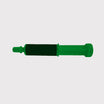 Horse Pharmacy
Horse Pharmacy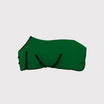 Rugs
Rugs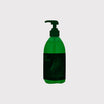 Care
Care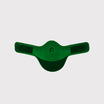 Saddle and Attachments
Saddle and Attachments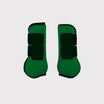 Leg Protection
Leg Protection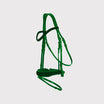 Bridles
Bridles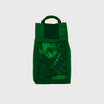 Feed
Feed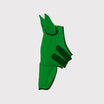 Fly Masks
Fly Masks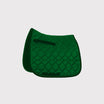 Saddle Pads
Saddle Pads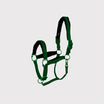 Headcollars and Ropes
Headcollars and Ropes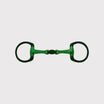 Bits
Bits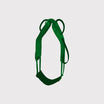 Other Disciplines
Other Disciplines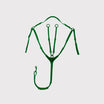 Reins and Auxiliary Reins
Reins and Auxiliary Reins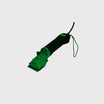 Clipping
Clipping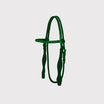 Western
Western Eventing
Eventing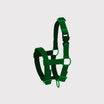 Foals
Foals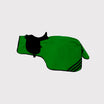 Reflection
Reflection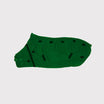 Therapy Products
Therapy Products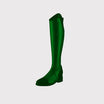 Boots and Shoes
Boots and Shoes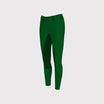 Breeches and Belts
Breeches and Belts Tops
Tops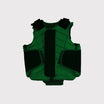 Safety
Safety Competition
Competition Heated Clothing
Heated Clothing Gloves
Gloves Socks
Socks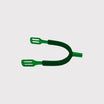 Spurs and Attachments
Spurs and Attachments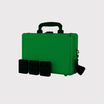 Technology
Technology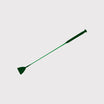 Whips
Whips Gifts
Gifts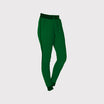 Casual Wear
Casual Wear Underwear
Underwear Rider Pharmacy
Rider Pharmacy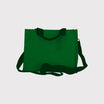 Bags
Bags Books
Books Laundry supplies
Laundry supplies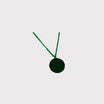 Jewelry
Jewelry Feed and Waterbowls
Feed and Waterbowls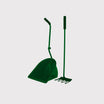 Equipment
Equipment Tack Room
Tack Room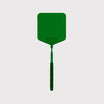 Pest Control
Pest Control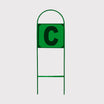 Arena
Arena Horse Toys
Horse Toys Wheelbarrows
Wheelbarrows Yard
Yard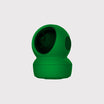 Surveillance
Surveillance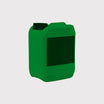 Disinfect
Disinfect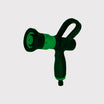 Washing Area
Washing Area Lighting
Lighting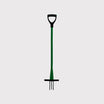 Horse Pasture
Horse Pasture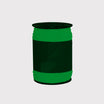 Current Conductors
Current Conductors Pole
Pole Insulators
Insulators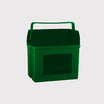 Energisers
Energisers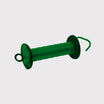 Gate Handles
Gate Handles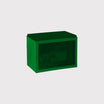 Batteries and Accumulator
Batteries and Accumulator Nets
Nets Grounding
Grounding Tools
Tools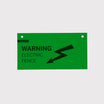 Fencing Security
Fencing Security Wolf Defense
Wolf Defense Fencing Sets
Fencing Sets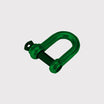 Fence locks
Fence locks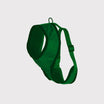 Dogs
Dogs Cats
Cats Rodents
Rodents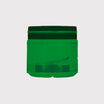 Dogs Pharmacy
Dogs Pharmacy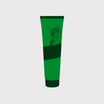 Cats Pharmacy
Cats Pharmacy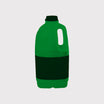 Rodents Pharmacy
Rodents Pharmacy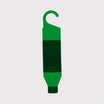 Cattle Pharmacy
Cattle Pharmacy Poultry Pharmacy
Poultry Pharmacy Veterinary Supplies
Veterinary Supplies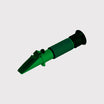 Cattle
Cattle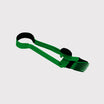 Sheep and Goats
Sheep and Goats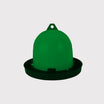 Poultry
Poultry Heat Lamps
Heat Lamps Calves
Calves Marking
Marking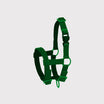 Halters
Halters